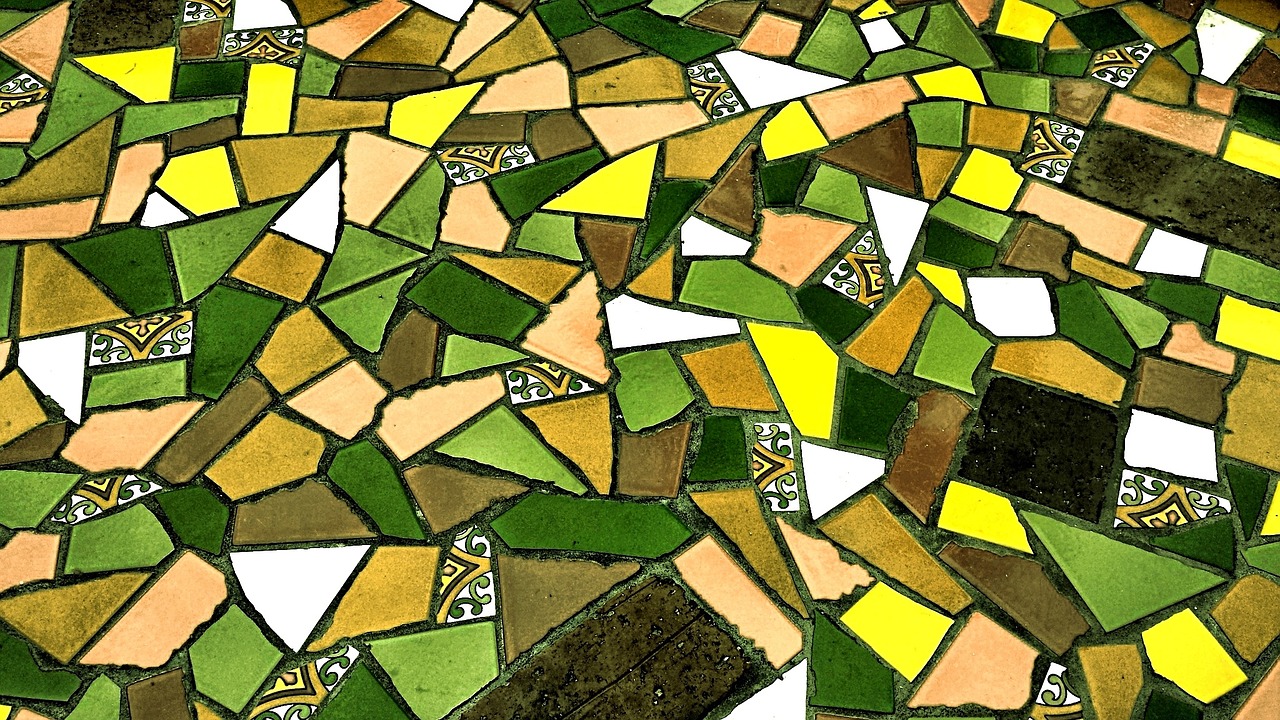Translations

Five poems by Eugenio Montale
( Nobel Prize for Literature 1975)
The first and third are among his best known.
Dora Markus
It was where the wooden pier at Porto Corsini
thrusts out into open sea
and solitary men, hardly seeming to move,
cast and retrieve their nets. With a vague hand
you gestured to your real country
on that other invisible shore,
and we followed the canal downtown
to the docks in their sheen of soot
where a stagnant Spring ebbed away
unmourned.
And here where a sweet Middle Eastern unease
perturbs the centuried calm,
your talk glittered like the scales
of their basketed catch.
Your restlessness recalls
those birds of passage that dash
against the harbour lighthouse
on hurricane nights;
tempestuous too your allure
that simmers without seeming
(and how rare its abeyance).
I don’t understand how it is
you contrive to survive
in that lake of indifference, your heart.
Is it your talisman saves you,
– the one that you keep with your
nail-file, your lipstick, your powderpuff:
that miniature ivory mouse?
Is he your secret?!
1926
Xenia II
Death was ‘none of your business’.
Even if your dogs were dead, even
that asylum quack we called your loony uncle,
not to mention your mother, and her ‘special’:
rice and frogs’ legs – Milan in a saucepan! –
your father too, whose porcelain profile
looks down on me still, morning and night.
Even so, it was not ‘your business’, death.
You left it to me to do funeral duty,
huddled in a taxi, keeping my distance
from tears and tiresomeness. Not that life
ever moved you much, its greed and vanity-fair,
still less the epidemics of folly that turned
in our time grown men into ravening wolves.
A tabula rasa? Not quite: there was always
a point-beyond-which, to me quite invisible
but there, that was your business.
1967
The Customs-hut
You won’t remember the customs-hut
topping the sheer cliff over the shingle:
it’s been waiting for you wanly since that
evening the swarm of your thoughts
burst in and settled here restlessly.
The sea winds these years have battered
the walls, your laughter long ceased to bounce
off them; the compass spins unremittingly
and the dice all decline to come right.
You don’t remember: other seasons
churn in your memory, a thread unravels.
I’m still holding an end of it, but the shack
fades back: on its roof a smoke-stained
weathervane stubbornly spinning.
I hold one end, but you’re out on your own,
Not a breath of you stirs in this gloom.
That retreating horizon where now,
again now, a tanker’s light flickers!
Is the breach here? (The breakers renew their chewing on the fissured cliff…)
You don’t remember our hut or this evening,
nor can I know who’s stayed and who’s leaving.
1930
The House at Olgiate
It was another time, your little Tonino
still with you, and you in the high house
by the overpass. I would pick it out often,
that house, from the freeway, knowing nothing
of him, or of you, nor did my heart miss a click,
as later, as now. In that not-knowing our future
hid its hand: just so far the wires thread back
from tomorrow, then rupture.
How many years on did you let me in?
Your boy had long died (whispering
“Mama, it’s for you that it hurts”),
but I knew then your gardener, your kitchen garden,
your stripped teenage den – on the wall
a just visible shadow where a mirror had reigned.
I was wordless: in those rooms the least
breathing trace of you thralled me.
Much later, your goldfinch has warbled its last
in the shade of the tiger-lily I nurtured and left here.
Starved of any breath of you I stall before
squares of cabbage, old clumps of dust-freckled dahlias,
the custodian shuffling after me, no less bereft,
through wan corridors to your converted loft
where only the old moan of the cars seeps up
impervious through the gummy air.
And so our destinies ravelled, my lioness,
while you peered through smoked lenses
at refractory clouds, or down at spilt swirls
of detergent in the scummy Olona.
And unravel: your house in Friuli, unseen,
looms huge in my longing, the barns
where your childhood once ran at the future
full-tilt (even then!), and took wing.
1963
Dietro Front
We had Ezra to lunch
There was roast chicken
Leg I like best he said
And was so served
Ezra to lunch again
The menu: chicken
I do hate leg he said
And was so served
Could a barrack-square band
About-turn with such verve?
1978
These last two, their dates notwithstanding, were only published
25 years after the poet’s death in La casa di Olgiate e altre poesie
(2006) a book made up, bar the title poem, largely of barrel scrapings.
The ‘Ezra’ is presumably Pound, although he was already 6 years dead
when this slight piece was apparently jotted down…